How to Reduce Your Plastic Use
Plastic is found in businesses and households all over the world and for some very good reasons. The material is durable, flexible, and affordable, and can be used in a vast variety of ways. However, despite the benefits plastic offers, we need to find ways to reduce our usage of it because of the harm it causes to the environment.
Despite being a major polluter, plastic is also necessary in many cases making it impractical to stop our use of it together. But there are still steps you can take to reduce your use of plastic that are inexpensive and easy to implement.
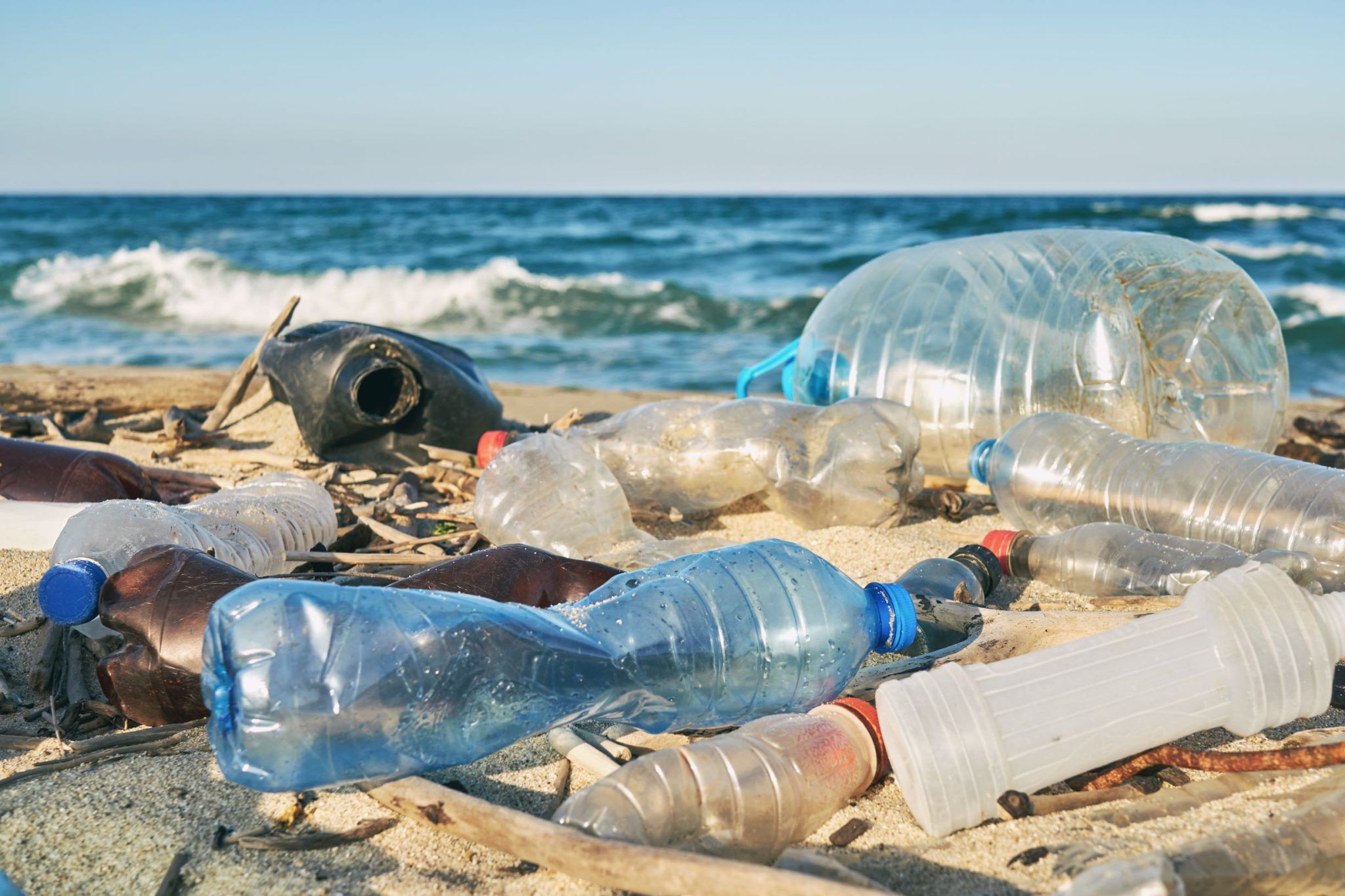
Manufacturer Responsibilities
Manufacturers around the world use a variety of plastics in their products, and this usage can be reduced in many cases. Here’s a closer look at what manufacturers can do to reduce their use of plastic.
Use Alternative Materials

Plastic is often used for its convenience and cost-effectiveness, but it’s not the only material that offers these benefits. And even if your products must use some plastic components, there are usually still ways to replace some of the plastic with alternatives. For example, many plastics can be replaced by products made from wood pulp that are inexpensive, durable, flexible, and among consumers.
Use Recycled Plastic
If you must use plastic then it’s best to use recycled plastic where possible. In doing so, you will help reduce the among of plastic being used overall while still having the materials you need to create a quality product. And as well as using recycled plastic, you should also try to ensure that the plastic you don’t need is also sent to a recycler.
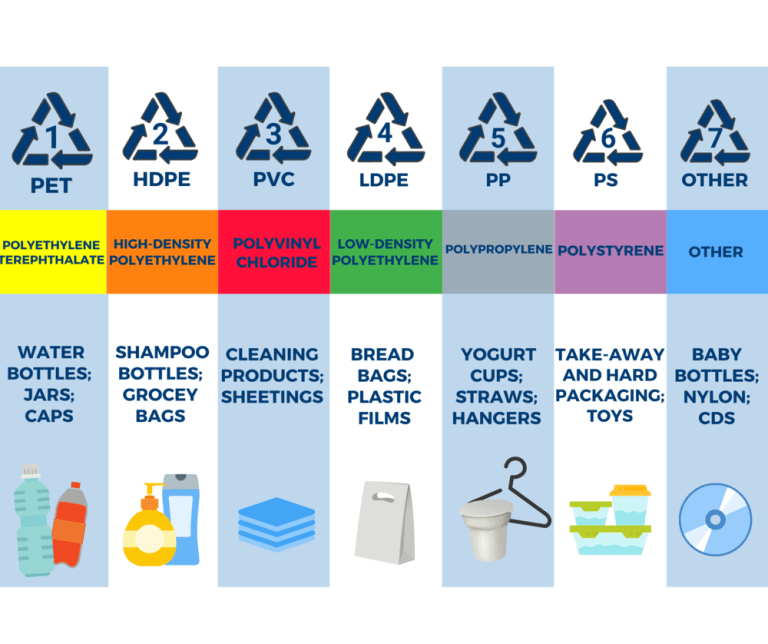
Reduce Plastic Waste
In many cases, quite a lot of plastic is wasted during the manufacturing process. And waste plastic often ends up being disposed of where it will eventually pollute rivers and other natural environments.
Many business owners can reduce their plastic use by monitoring their plastic waste and implementing practices that reduce the amount of waste created. Not only will doing so help reduce the impact on the environment, but it can also help to improve your bottom line.
Packaging
It’s not just the product itself that can use environment-harming plastic, but also the packaging it comes in. Rivers, oceans, and other habitats globally have been heavily polluted by plastics, much of which was once used to contain a product. The good news is that alternatives are available.
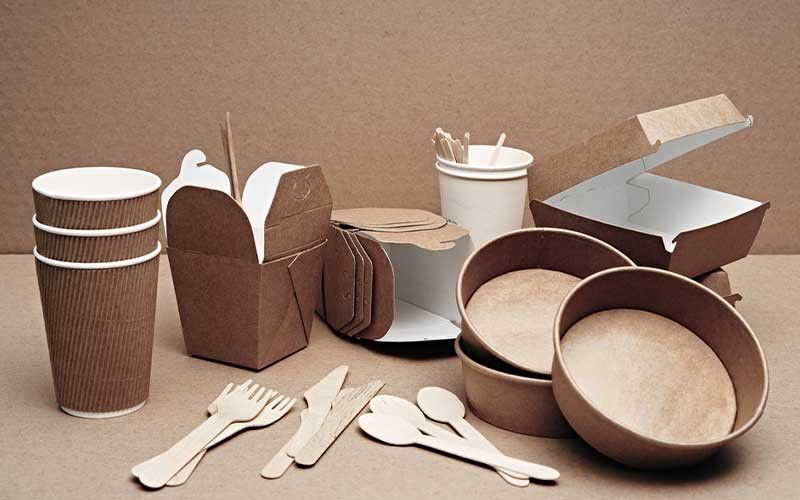
Cardboard and paper are popular alternatives because they are affordable and flexible materials to work with. Even better, these materials can be taken from sustainable sources, helping to reduce our demand for natural resources like forests. Another option is to use minimalistic packaging designs to help reduce your use of plastic and other materials.
Consumer Responsibilities
It’s not just manufacturers that are responsible for helping reduce how much plastic we use – consumers can also do their part. Here’s a brief look at how the general public can help keep our use of plastic to a minimum:
Buy From Business with Sustainable Policies
By far the most effective way of reducing how much plastic manufacturers use is to buy from businesses that incorporate sustainable policies. After all, companies need to listen to their customer’s needs and wants to thrive. Companies that don’t adjust risk falling behind their competitors in terms of sales.
Deciding against plastic packaging in particular is a good way to send a message to manufacturers that you expect companies to do their part to help the environment. You can also look for businesses that use other sustainable practices, such as using electric vehicles.

Buy Re-Usable Items and Packaging
In most cases, plastic packaging is used only once and then discarded. This approach makes our use of plastic very inefficient, but it doesn’t have to be that way.
Many companies sell products that can be used time and time again, reducing the need for new products to be made. For example, reusable water bottles are popular and prevent the need to buy a new bottle each time you buy a drink. Reusable water bottles will sometimes be made from plastic, but…
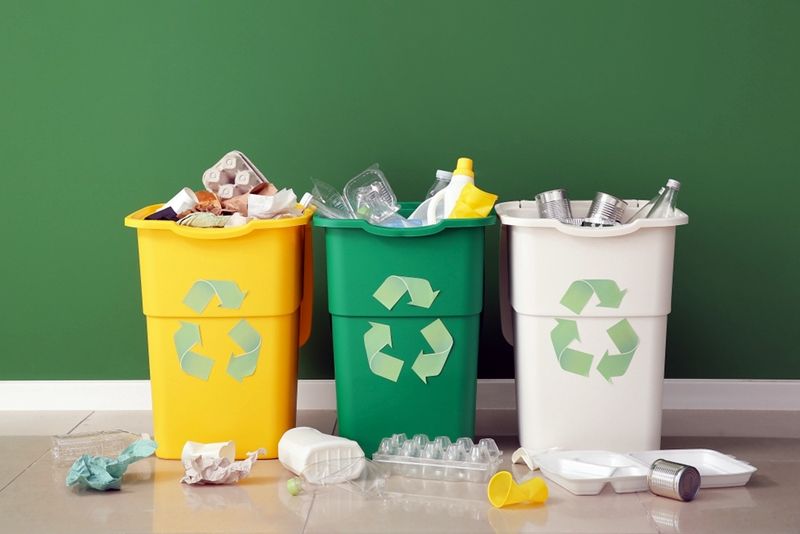
Recycle
While it’s impractical to eliminate the use of plastic in our lives, we can at least ensure the plastic we do use is used as efficiently as possible. One way that both businesses and individuals can help achieve this is by ensuring used plastic is recycled.
Summary
Plastic poses a threat to natural habitats globally as it can take hundreds of years to break down and cause damage to the habitats and the species living there. And although plastic is essential in many cases, we can still aim to reduce how much we use.
The responsibility of reducing our use of plastic lies with individuals and businesses and many approaches are affordable and easy to implement. And for businesses, using sustainable policies will help ensure that you do your part for the environment while also listening to your customer’s concerns.
Related Posts
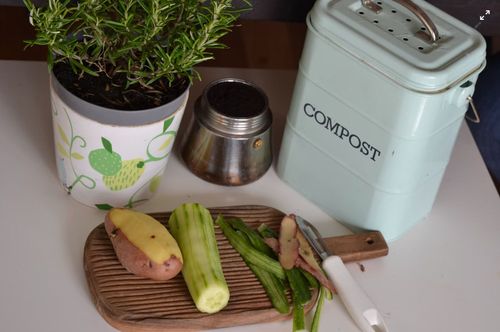
Are you composting your household waste?
Let’s start with the basics. We know that the onion peel or the orange rind in our waste bin will eventually decompose, as will many other forms of organic matter. With composting, we simply speed up this natural decay process by providing ideal conditions for the helpful microorganisms to thrive so that they can do their thing.
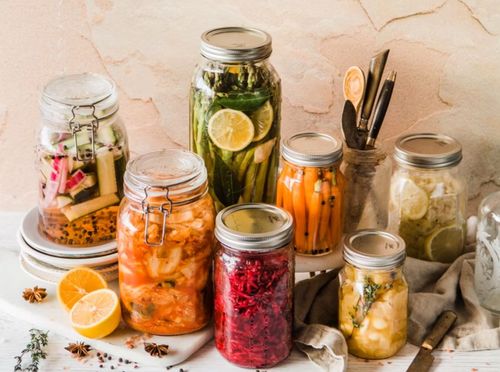
Add fermented foods to your life
It is no news that our digestive tract is teeming with a hundred trillion bacteria and other microorganisms. And, research has revealed the importance of maintaining this diverse and healthy microbial community in our guts as it plays a crucial role in strengthening our immune system and warding off inflammation. Chronic inflammation is never a good thing – it may lead to several health problems, from obesity and diabetes to neurodegenerative diseases.
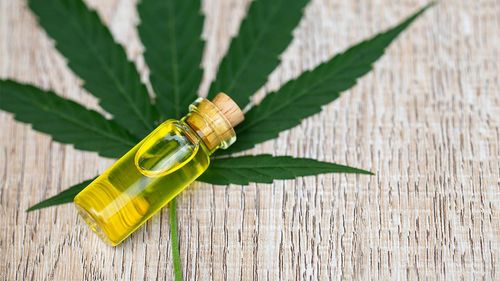
C|B|D Oil in Thailand AND Where To Find the Best C|B|D Oil ?
Thailand’s growing C|B|D oil market provides a variety of choices for both residents and visitors ‘’in search of premium products’’ Whether you want to use C|B|D oil for fitness, pain relief, or our overall health benefits, knowing where to get trustworthy C|B|D oil is crucial.

 English
English
 Thai
Thai